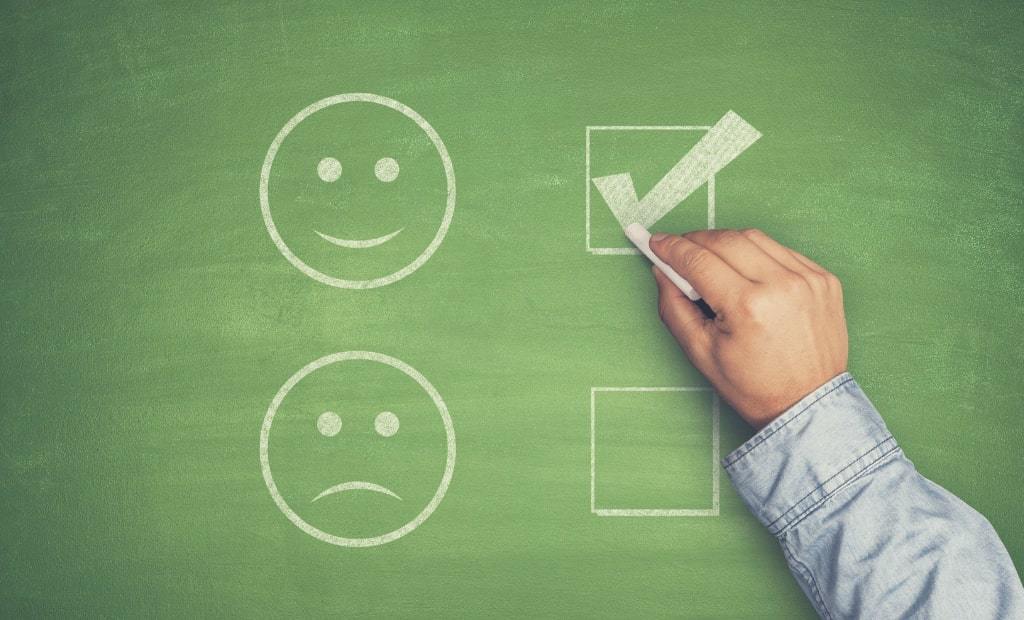Confident that you'll achieve your New Year's resolution?
Most people are. Only 12% succeed.1
88% of New Year's resolutions fail.
Let's make this time different.
Gamble and wish for the best, or take the long-term approach and guarantee eventual success.
Develop The Skill of Accomplishment
Accomplishment is not one inspirational technique or burst of willpower away.
It's a skill, with lessons to practice and techniques to internalize.
The skills on this page have been tested by over 100,000 people across 103 scientific studies, to:
|
|
|
|
Accomplishment is hard. It has never in the history of human-kind ever been so unnatural.
Our brains weren't designed to resist fatty food or exercise because the doctor said so.
Luckily, we happen to be the most adaptable species in the galaxy. We can rewire our instinct-driven behavior into goal-driven behavior.
Done right, we can even make pursuing our goals enjoyable.
Let's take a look at the achievement equation. To hack it, we must first understand it.
Luck is uncontrollable and willpower requires too much effort, so let's put those aside.
↑Value, ↑Likelihood, ↓Delay, ↓Distractions, ↑Expertise → ↑Success
If you're not making the progress you want, one or more of those factors needs tweaking.
Let's get started.




